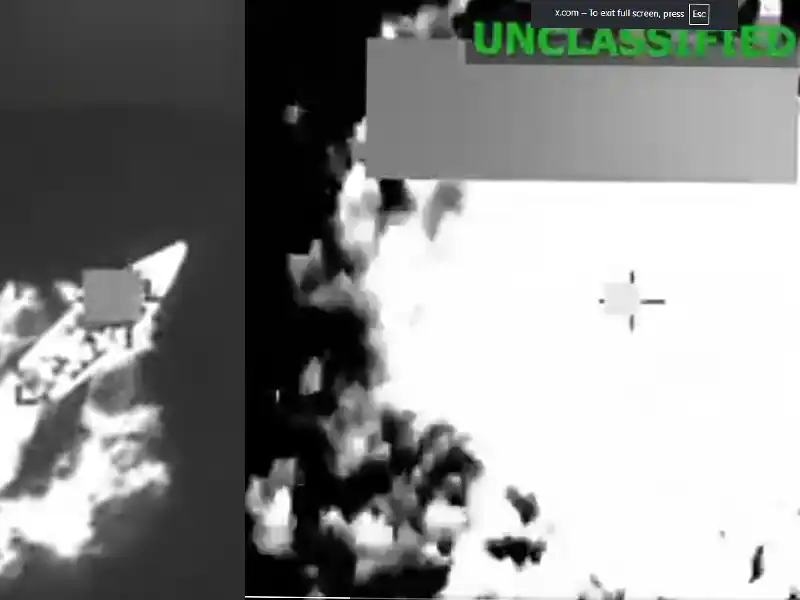Miami, FL – The U.S. government confirmed Thursday that a military strike destroyed a narcotics-trafficking vessel in the Caribbean, killing three people aboard, in what officials called a direct action against a “designated terrorist organization.”
Secretary of War Pete Hegseth said the operation was carried out under orders from President Trump and targeted a ship operating in international waters.
The strike marks one of the most aggressive U.S. actions yet in the administration’s expanding campaign against what it calls narco-terrorist networks flooding drugs into the country.
Key Points
- U.S. forces struck a drug-smuggling vessel in international waters, killing three people
- The Department of War said the strike was ordered directly by President Trump
- Officials warned that more operations will continue until drug trafficking stops
Administration vows continued military action
In a statement posted to social media, Hegseth said the strike was part of ongoing efforts to dismantle transnational narcotics networks that the administration has labeled as terrorist organizations. “Vessel strikes on narco-terrorists will continue until the poisoning of the American people stops,” he wrote. “If you keep trafficking deadly drugs — we will kill you.”
The department said no U.S. personnel were injured in the operation and that the targeted vessel was transporting narcotics through a Caribbean corridor commonly used by smuggling operations bound for the U.S. mainland. The identities of the three men killed were not immediately released, pending confirmation of their affiliation.
Strike follows string of Caribbean operations
Thursday’s action is the latest in a series of U.S. maritime strikes on suspected drug traffickers since early autumn. Several of those missions, according to government releases, were coordinated with partner nations in Central America and the Caribbean but carried out in international waters.
Military analysts say the campaign reflects a major escalation in the administration’s counter-narcotics strategy, which increasingly relies on targeted strikes rather than interdiction or seizure operations. Officials have described the approach as a deterrent model aimed at disrupting drug supply chains before they reach U.S. shores.
